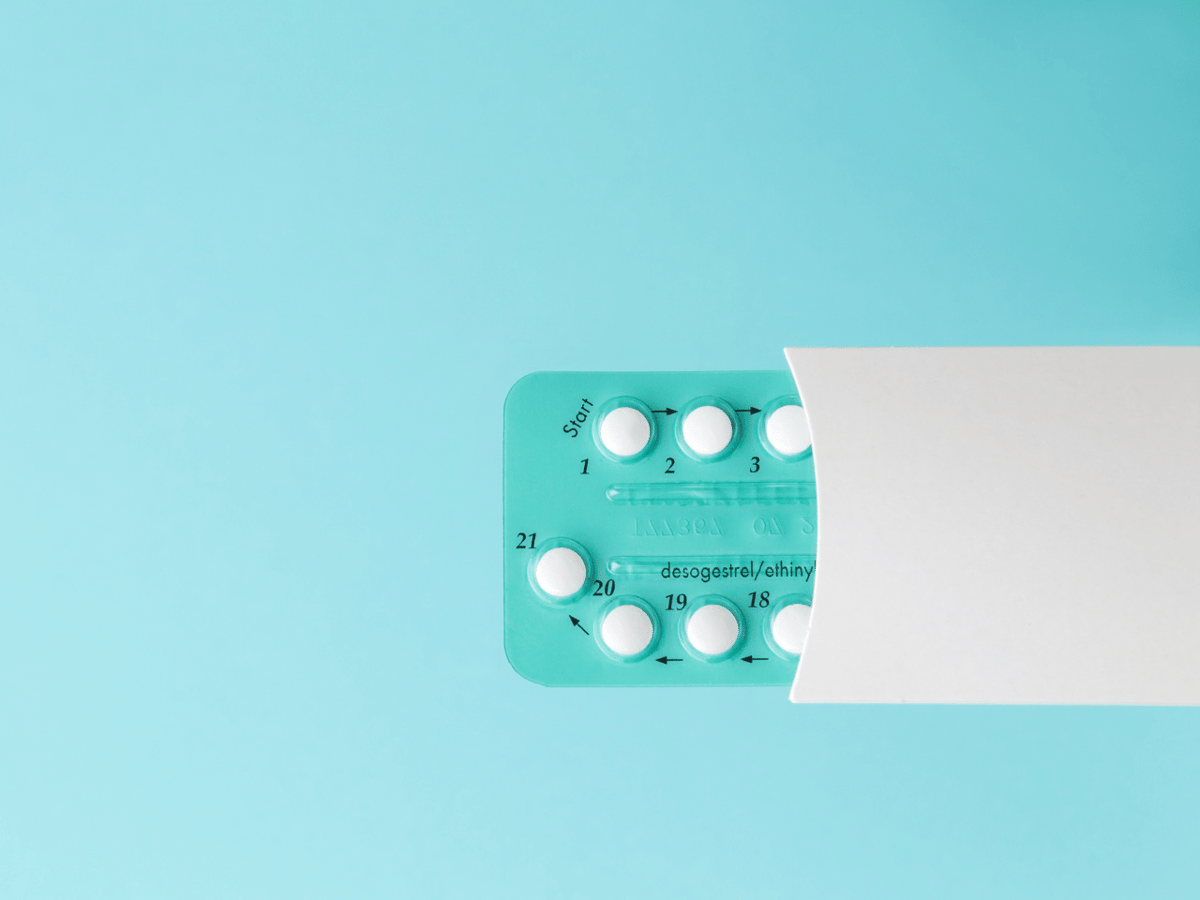The oral contraceptive pill is a safe, affordable, and effective method of birth control, yet some women may be concerned about the side effects. This post will hopefully explain more about the pill, what to expect when taking it, and when you may need to seek further advice.
What is the contraceptive pill?
Contraceptive pills work by preventing ovulation and making life harder for sperm to attach to an egg if it’s released. There are two main types of oral contraceptive pills, the most common being the combined pill that contains estrogen and progesterone, and a mini pill that contains progesterone-only.
The pill must be taken once a day, at the same time every day, usually for a period of 21 days. If taken correctly, they are 99.9% effective at preventing pregnancy. However, if pills are missed or taken at the wrong time of the day, they are 91% effective.
What are the most common side effects?
As the pill alters hormone levels in the body, this can lead to various side effects. Side effects usually settle down around 2-3 months after you start taking the pills. They can vary widely and different pills cause different side effects. However, common side effects include spotting, nausea, breast tenderness, and headaches.
Let’s take a closer look at some of these:
Spotting - you may notice some light bleeding in between your periods. This is the most common side effect of the pill and happens as the body adjusts to the changes in hormonal levels and thinning of the uterus.
Nausea - feelings of sickness are usually mild and stop as your body adjusts to taking the pill. However, if you feel your nausea is really bad and is not going away, speak to your doctor or nurse.
Breast Tenderness - sore boobs are fairly common, particularly after starting taking the pill. If the pain is really bad or you notice changes in your breasts, you should seek medical advice.
Headaches & migraines - you may begin to have headaches, this is caused by changes to the sex hormone levels in the body (estrogen and progesterone).
How can I avoid side effects?
As mentioned earlier, many of the side effects may resolve themselves after 2-3 months, as the body gets used to the changes in hormone levels. However, there are things that you can do to help relieve some of these. For example, taking the pill at the same time every day can help reduce spotting.
A supportive sports bra can help when it comes to breast tenderness as it may help to reduce your boobs from moving around. Feelings of nausea can be reduced by taking the pill with food or before you go to bed.
It’s worth noting that not all side effects are bad. Some women find that period-related symptoms such as cramps, anaemia, and acne can actually be improved. The combined pill has also been shown to protect against some forms of breast disease and reduces your risk of cancer of the ovaries, womb, and colon.
Can you gain weight from taking the contraceptive pill?
You may have heard the hormones in the pill can cause you to put on or lose weight, but there is no evidence to support either of these claims. According to a journal article (2017) that looked at numerous studies of this area, the results found that for most women, taking the pill is very unlikely to affect their weight much. None of the studies was able to show a clear link.
However, if any weight is gained after starting the pill, it is likely a temporary side effect caused by water retention rather than increased fat.
Will the Pill affect my mood?
The combined pill and the progesterone-only pill can cause mood changes. If you find that you are depressed, angry, tearful, or upset, speak to your doctor—it may be that changing your pill to another brand will suit you better.
Will the Pill affect my sex drive?
You may find that your sex drive (libido) takes a dip when you start taking the contraceptive pill. Your sex drive may pick back up after 2-3 months when your body is used to the pill. If you’re worried about your lack of sex drive, chat to your doctor, they may be able to suggest an alternative pill or contraceptive method that will work better for you.
Summary
The oral contraceptive pill is extremely effective at preventing pregnancy when taken correctly. However, some women may experience unwanted side effects as a result. Quite often, these will resolve themselves after 2-3 months as the body adjusts to the changes in hormone levels. If the side effects are more severe, or last over three months, chat to your doctor or nurse.
The contraceptive pill can also have some benefits. For example, it can bring relief from cramps, acne, and anaemia, as well as reduce your risk of certain cancers.
Do you have a prescription for the contraceptive pill but would like a quicker and easier way of getting a repeat prescription? Well look no further as HealthHero.ie offers a discreet and reliable prescription service to those living in Ireland.
This blog was written by Rebekah Louise Benfield, a women's health and wellness specialist writer, for HealthHero.ie.
